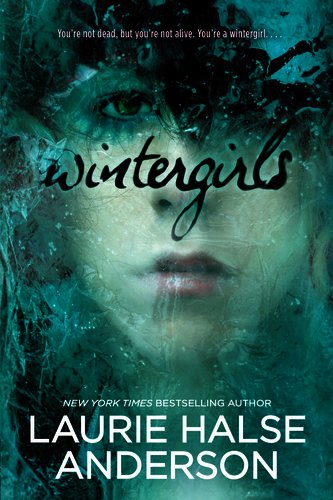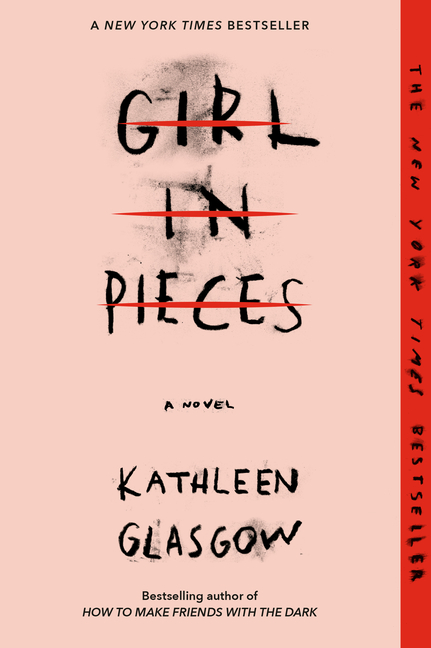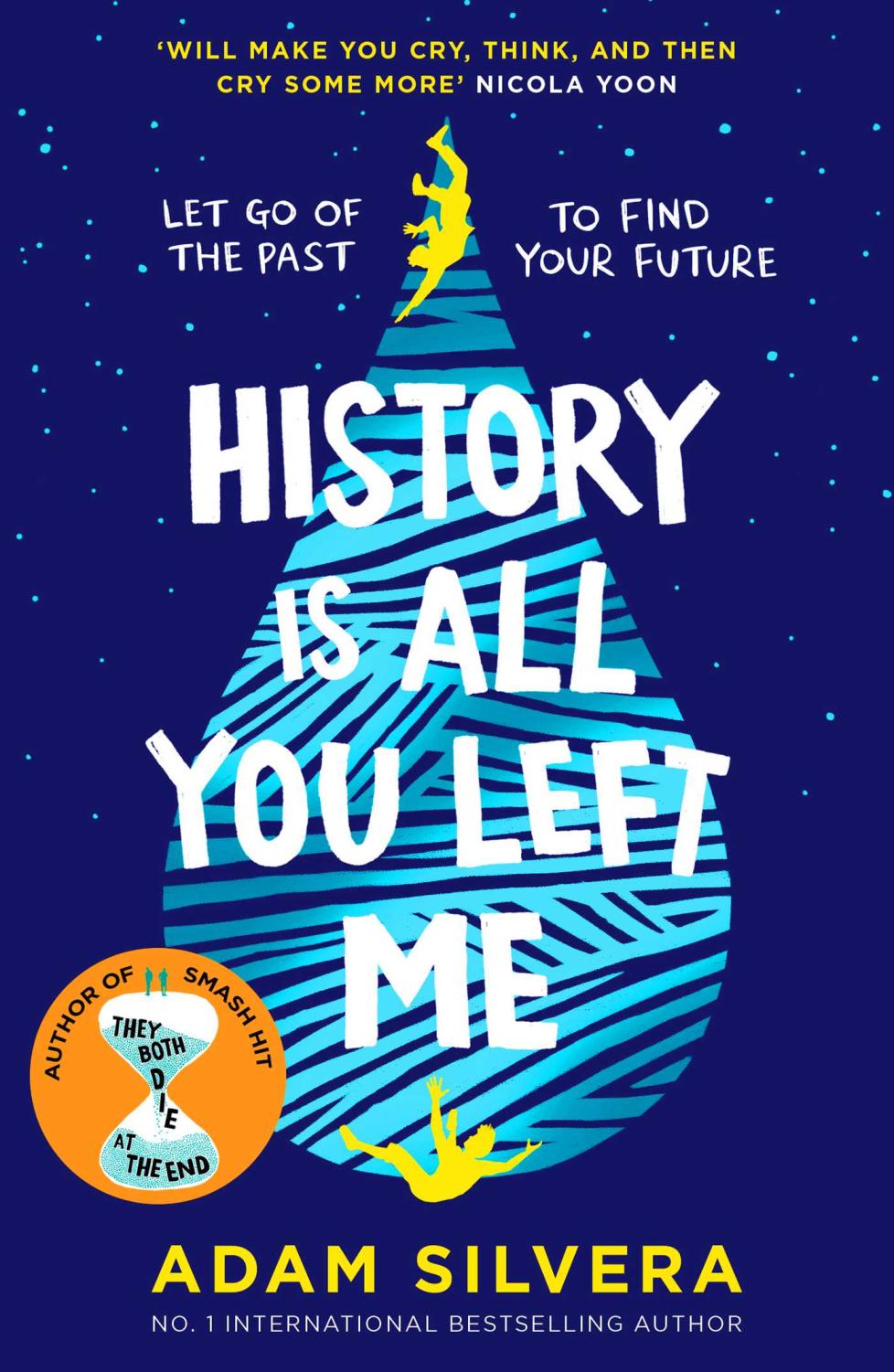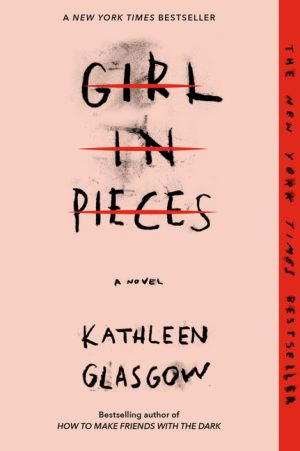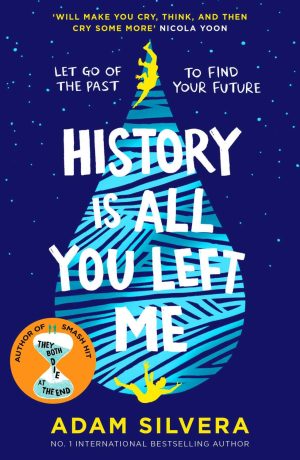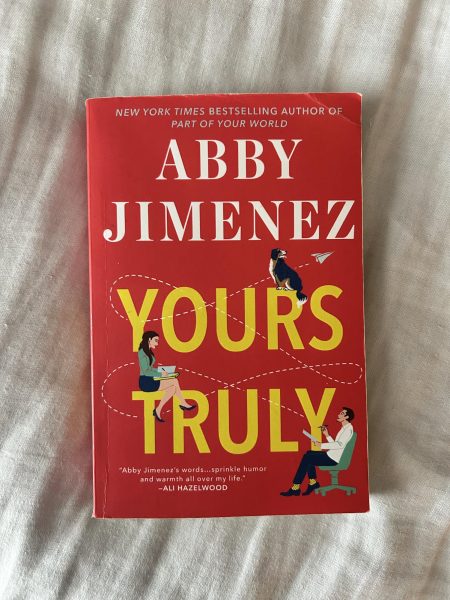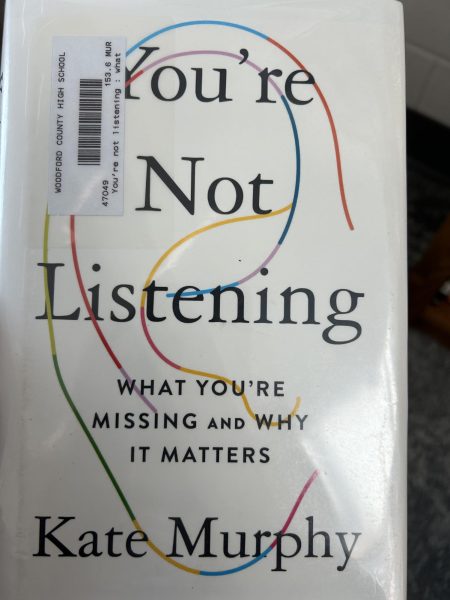How John Green’s Turtles All the Way Down rewrote the stereotype for OCD
Lily Slayton, Staff Reporter

When you ask the average person what they think OCD is, their responses are typically something along the lines of, “People with OCD just like keeping everything super organized and really clean.” Before reading Turtles All the Way Down by John Green, I thought the same thing about OCD and its effect on those who have it. This book grew my knowledge and understanding of OCD and changed my perspective on the lifestyles of those who have it.
When I first picked up Turtles All the Way Down, I was expecting to read about, “the mystery of fugitive billionaire Russel Pickett,” and how the main characters, Aza, Daisy, and Davis, solve it. My expectations would soon be met and exceeded as I realized that not only would I be reading about a thrilling mystery, but also getting an inside look into Aza’s mind as she battles with the constant worry of how the germs around her could damage her health. I would quickly notice that her fears are not just some quirk that she has, but rather, a spiral of thoughts that she feels as though she can never escape. Also known as her OCD.
Throughout the book, Aza struggles with overwhelming anxiety about having C-diff. This disease is caused by bacteria growing in your gut and can be life-threatening. This fear does not just make her constantly wash her hands or shy away from public bathrooms, it completely consumes almost every aspect of her life including her relationships, mental health, and overall well-being. An example of this is when Aza is met with the backlash of her mind after she experiences her first kiss: “I thought about his bacteria being inside of me. I thought about the probability that some percentage of said bacteria were malicious. I thought about the E.coli and campylobacter and Clostridium difficile that were very likely an ongoing part of Davis’s microbiota.”
These thoughts at first appear to be harmless to Aza’s physical health until a couple of sentences later when it is revealed how dangerous her thoughts are to her:“And then I pulled the hand sanitizer out of my jacket and squeezed a glob of it into my mouth. I gagged a little as I swished the burning slime of it around my mouth, then swallowed.”
After reading this line, I realized how severe OCD can get and I felt compassion that I had never felt before for people who have it. Aza’s struggles are just some examples of the horrific things OCD can drive people to do.
Turtles All the Way Down by John Green impacted my life in an incredibly meaningful way. It taught me that stereotypes consist of truth, but not the whole truth and that the symptoms of OCD vary from each unique person who has it. It showed me the value of getting educated on something before I form my opinion on it. I recommend this book to anyone who is interested in learning about OCD and how it plays a huge role in people’s lives.
If you want to learn about other types of mental illness, while also reading an interesting story, some other recommendations are:
- Wintergirls by Laurie Halse Anderson
- History is All You Left Me by Adam Silvera
- Girl in Pieces by Kathleen Glasgow

Lily Slayton is a senior at WCHS. This is her third year as a journalist and second year as an editor for The Jacket Journal. She is a member of the National...

